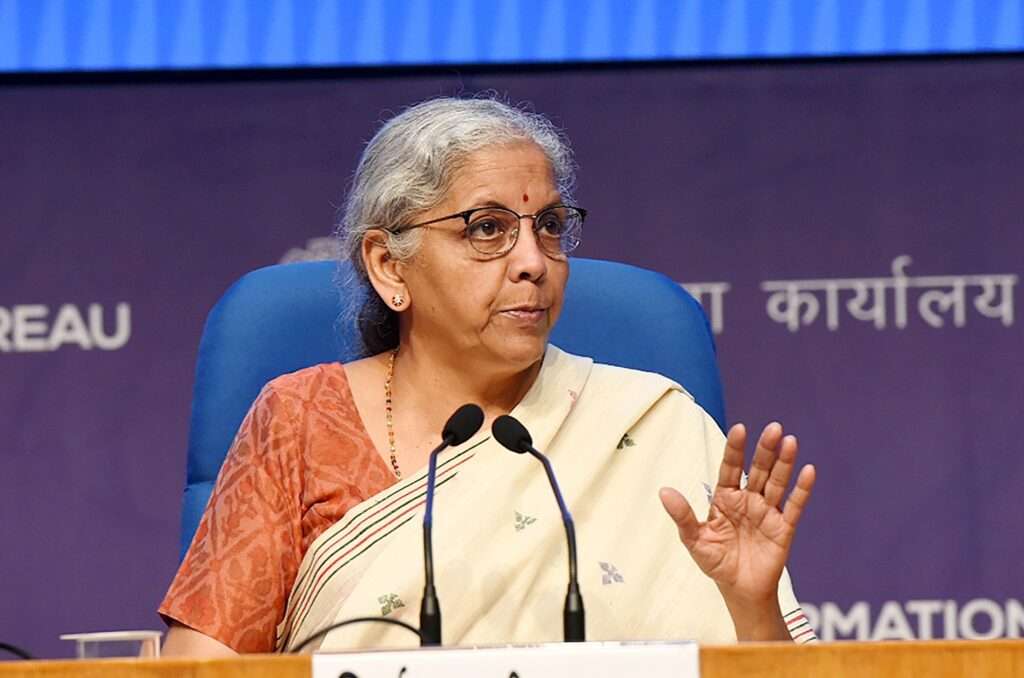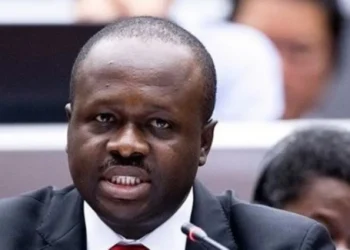At a gathering of G20 finance ministers in India, the new Director of the World Bank, Ajay Banga cautioned that poverty in the world has increased due to the widening economic gaps between wealthy and developing countries.
Currently, the world has been segregated into the first world countries and third world countries. Developed nations are said to be first world countries and developing countries deemed to be third world countries.
According to the new World Bank Director, the coronavirus pandemic, coupled with Russia’s war in Ukraine has affected the cost of commodities and petroleum globally, and continues to have adverse consequences on the living conditions of people.

Ajay explained that, attached to the worsening living conditions of the people, climate change is also having a disturbing impact on vulnerable and underdeveloped nations. He also expressed concerns that, stagnation has split the international economy, harming the poorest people on earth.
“The Global South’s frustration is understandable. In many ways they are paying the price for our prosperity. When they should be ascendant, they’re concerned promised resources will be diverted to Ukraine’s reconstruction, they feel energy rules aren’t applied evenly, constraining ambition, and they’re worried the grip of poverty will pull down another generation.”
Ajay Banga, Director, World Bank.
“The simple truth is; we cannot endure another period of emission-intensive growth,” Banga opined.
Meanwhile, the World Bank hinted that efforts have been made to improve its financial capacity, most importantly raising hybrid capital from investors, in order to promote job creation and economic growth. It also added that, the development of an economy, cannot solely depend on growth of the environment.
The United States has also made claims that attempts to restructure multilateral financiers such as the World Bank and other regional institutions might yield $200 billion over the next decade.

On the other hand, the gatherings’ Chair and host, Indian Finance Minister, Nirmala Sitharaman, began the summit by reminding participants of their duty “to steer the global economy towards strong, sustainable, balanced and inclusive growth.”
Debt Restructuring
One of the main concerns of the Group of 20 economic powers is developing a debt restructuring agreement for lower-income yielding economies. However, officials claimed little progress have been made in that area.
With regards to the issues of debt restructuring, officials accused China, one of the biggest lenders to lower-income economies, mostly Africa and Asia, that, it has opposed any sought of universal debt restructuring plan.

According to U.S Treasury Secretary, Janet Yellen, the current number of indebted lower-income economies is double of what it was in 2015.
Yellen previously said that debt restructuring negotiation between Zambia and China, took so long to be agreed on, but expressed hopes that, the debt relief packages for Ghana and Sri Lanker would materialize quickly.
Other topics raised at the G20 summit included reforming global development bank, regulating cryptocurrencies and facilitating the availability of capital to lessen and cope with the harsh consequences of climate change.
There are also plans to implement a freshly established first step on a balanced division of tax income from multinational corporations, which 138 countries agreed to a deal last week.
Multinational corporations, particularly technology enterprises, can now move their earnings to countries with low tax rates, even if they only conduct a small portion of their operations there.
READ ALSO:McDonald’s Workers Speak Out On Abuse Within The Company



















